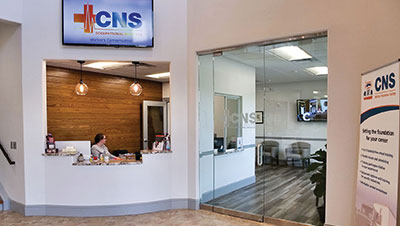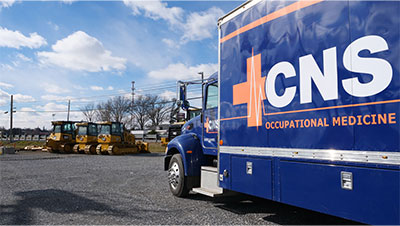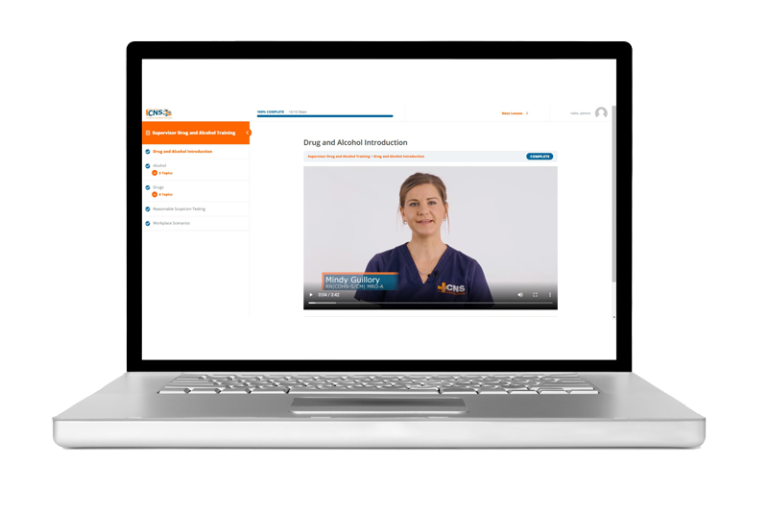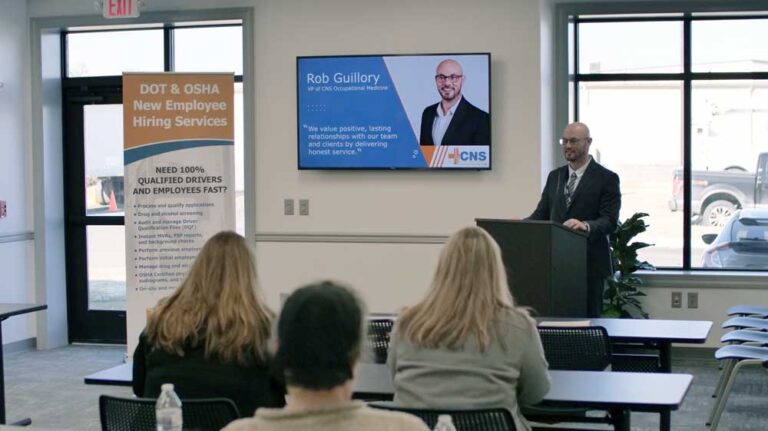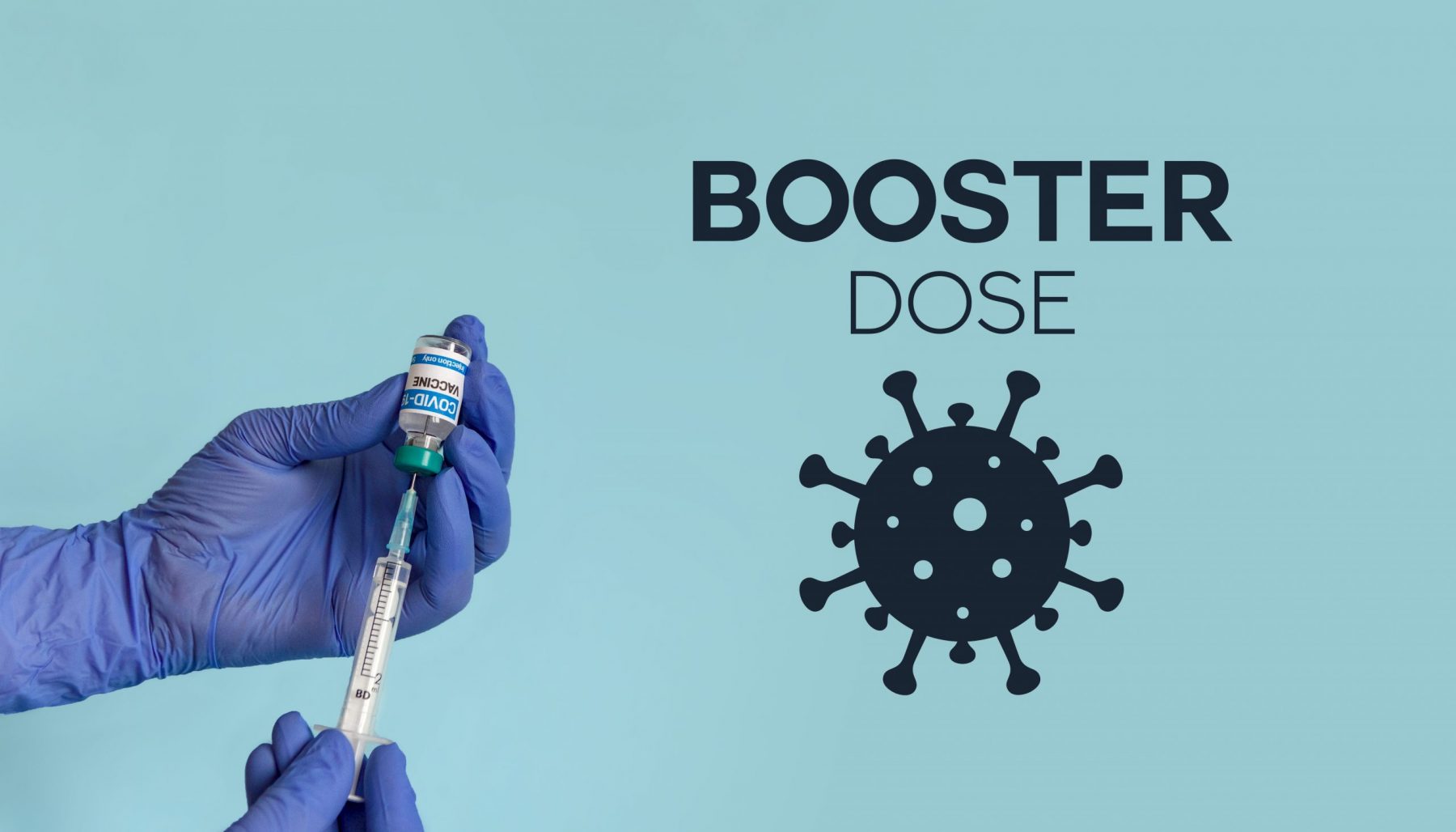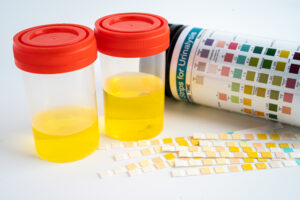There are over 2.2 million people in Pennsylvania aged 65+ that are recommended for a 3rd vaccine booster shot, with an additional 4 million that may fall in the severe risk category.
While the U.S. already offers an extra dose of the Pfizer or Moderna vaccines to people with severely weakened immune systems, FDA and CDC reviewed data on a potential third dose of Pfizer/BioNTech’s Covid-19 vaccine.
On Oct. 14 and 15, the advisory committee will meet to discuss the use of booster doses of the Moderna COVID-19 Vaccine and the single-shot Janssen COVID-19 Vaccine.
After hours of considering research data and arguments from Pfizer, in a 16:2 vote, the FDA committee rejected the administration of a booster dose in individuals aged 16 and older at least six months after completion of the primary series.
However, the committee unanimously recommend an emergency use authorization of a booster dose of Pfizer’s vaccine six months after full vaccination (as early as March) in people 65 and older and those at high risk of a severe case of COVID-19.
Early Friday morning, CDC Director Dr. Rochelle Walensky deviated from the CDC’s independent vaccine advisers to recommend boosters for a broader group of people — those ages 18 to 64 who are at increased risk of Covid-19 because of their workplaces or institutional settings (including teachers, health care workers, grocery and food industry, and more) — in addition to older adults, long-term care facility residents and people ages 18 to 49 with underlying medical conditions.
According to the CDC, serious medical conditions such as heart disease, diabetes, lung disease, asthma and obesity have a greater risk of becoming severely ill if they get infected with coronavirus.
Why did advisers reject Pfizer’s boosters for everyone?
The reason for strong pushback against a broad booster recommendation is the lack of peer-reviewed data that Pfizer sent the committee members. While Pfizer says the data suggested a drop in efficacy to 58%-61% after 6 months, the quick glance at the data seems to suggest an efficacy of 93.3% in the study.
The data shows that the vaccines are working and only a subset of the population would be at high risk for serious disease.
When it comes to adverse reactions to a third dose, data from Israel using a Pfizer booster appear to have no additional adverse events or safety concerns compared with the first and second doses of vaccine.
What happens next?
On Sept 22nd, the FDA did agree and authorized booster dose of Pfizer’s Covid-19 vaccine for people 65 and older and those at high risk of a severe case of COVID-19. On Sept 24th, the CDC agreed and authorized the booster and is now available to be taken if your second dose of Pfizer was at least 6 months ago and you meet the previous requirements.
It is important to note, the majority of people who qualify for the Pfizer booster do not meet the 6 month timeline of their second dose. So, the next couple of weeks will be focused around the older age group and health care industry.
For those who received the vaccines at pop-up mass vaccination sites, they are unlikely to pop up again. You can get Pfizer boosters at any local clinic and sites like our CNS Occupational Medicine office in Lititz, PA. We will be offering Pfizer boosters starting next Tuesday.
On Oct. 14 and 15, the advisory committee will meet to discuss the use of booster doses of the Moderna COVID-19 Vaccine and the single-shot Janssen COVID-19 Vaccine.
Moderna CEO Stéphane Bancel said in a statement last week, “We are pleased to initiate the submission process for our booster candidate at the 50 microgram dose with the FDA. Our submission is supported by data generated with the 50 microgram dose of our COVID-19 vaccine, which shows robust antibody responses against the Delta variant.”
For Moderna boosters, this would be a half dose from their previous 100 micrograms doses for initial vaccinations.
What happens if I lose my card?
CNS Occupational Medicine offers services to contribute to your company’s Return to Work Plan, including pre-shift screenings meant to test employees before starting their shifts. Risking the health of your employees and your business is not worth it.
- Pfizer and Moderna COVID-19 Vaccine
- Pre-hire screenings
- Pre-employment DOT Physicals and HAZWOPER Physicals
- Pre-Shift Screenings
- Audiometric testing
- Respiratory/Spirometry Physicals
- Drug and alcohol testing programs
- OSHA compliant services
- Flu Vaccinations
- Antibody Testing
- COVID-19 PCR Tests (99.9% accuracy, 24-48 hour turnaround)
- Rapid Antigen Testing
- and more
Start your customized health plan to meet your business needs and keep your employees healthy and safe.
For more information, contact us at 800.551.9816 or info@cnsoccmed.com.

